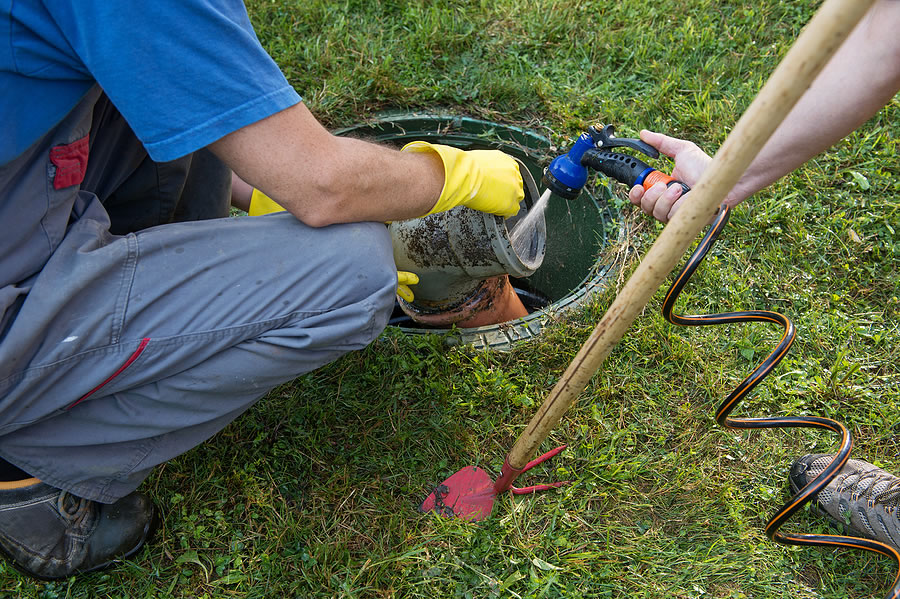Call This Wednesday to Get $25 OFF
Clean Solutions, Dirty Jobs – Done Right. Reliable. Responsive. Remarkable.
Call This Wednesday to Get $25 OFF
Clean Solutions, Dirty Jobs – Done Right. Reliable. Responsive. Remarkable.
Septic systems are crucial in properties not connected to a municipal sewer line. Routine maintenance is needed to ensure everything is in tip-top shape if you rely on a septic system for waste management. This includes septic tank pumping and repairs, which go a long way to prevent costly damages and environmental consequences. At Septic Connection, we provide your system the care it deserves to increase durability and efficiency. If your system is not functioning effectively, it can become a safety hazard and a potential lawsuit. We can help prevent such scenarios by providing routine maintenance inspections and pertinent information.

Septic enzymes enhance system function and efficiency. Sometimes the naturally occurring bacteria in the septic system are not enough to break down all the waste from your home, clogging the system. Enzymes boost the bacteria, which makes breaking down organic matter easier. We recommend consulting a professional septic company if you plan an enzyme treatment. You may require additional nutrients and beneficial bacteria to enhance efficiency.
The beneficial bacteria convert organic waste into liquid and gases so that it is safely absorbed in the soil. Enzymes are critical in improving bacterial activity and reducing the risk of clogs or frequent septic tank pumping. Whether you purchase a powder or liquid septic enzyme, add it directly to the tank and adhere to the manufacturer’s instructions. Homeowners must follow septic care and maintenance practices, such as regular inspections and pumping, even after using enzymes.
As mentioned, septic enzymes are added directly into the tank, providing an additional source of bacteria to help enhance the breakdown process. Enzymes break down organic waste in wastewater, such as oils, fats, and grease, into smaller particles. This makes it easy for the natural-occurring bacteria in the system to digest the waste. If your system clogs frequently, consult a professional before dumping a handful of enzymes in the tank. Sometimes a thorough septic tank pumping is needed, and adding enzymes may not rectify the problem.
The septic system is an onsite waste treatment facility, and it is incredibly reliable. However, the system is only as effective…
Imagine flushing your toilet and then suddenly realizing that your backyard has turned into a swampy mess. This unpleasant experience is…
Soil testing is a critical step in various construction and environmental projects. It provides essential information about the ground conditions, which…
Grease traps are remarkable tools that help keep your establishment clean and free from bad odors. Septic Connection has a…
If you have just moved into a new home or property that relies on a septic system for waste and wastewater…
Many septic enzymes are on the market, and finding the most suitable depends on several factors. These factors include septic tank size, number of household members, and the condition of your waste management system. Each septic enzyme addresses specific problems, from breaking down solids like toilet paper to reducing foul smells. Some popular septic enzymes include Amylase, Lipase, Protease, Urease, Cellulase, and Xylanas.
If you need to confirm it is suited for your system, you can avoid further deterioration and costly repairs. A septic company can recommend safe products that are non-toxic, biodegradable, and free from harmful chemicals.
The frequency of adding septic enzymes is determined by factors such as the system’s condition and tank size. Toxic substances like disinfectants, cleaning products, or soaps may destabilize the bacteria flora. When this happens, an enzyme treatment can help re-establish a healthy system.
Contact us at Septic Connection to learn more about septic enzymes. Please schedule a consultation today with our representatives and enjoy exceptional services without breaking the bank.
When septic problems start, many homeowners look for quick and inexpensive solutions. Online videos, store-bought additives, and advice from well-meaning neighbors can make do-it-yourself septic fixes seem appealing. Unfortunately, septic…
Read moreA septic system is one of the most important—and most overlooked—components of a home. It manages wastewater quietly in the background, so many homeowners assume everything is fine until a…
Read more